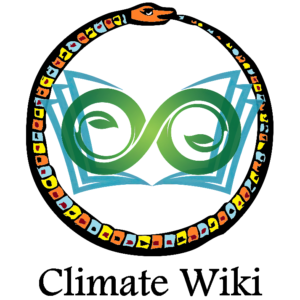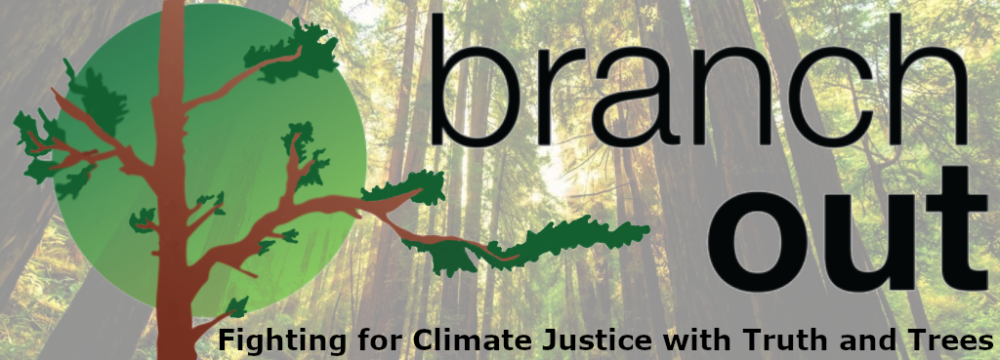
A knowledge commons is needed to help the climate movement un/learn, organize, and take decisive action.
By compiling climate knowledge through a special Wiki platform uniquely tailored for Climate Education and Climate Action, Climate Wiki will:
1. Provide the general public with a comprehensive resource to learn about climate, connect to organizations, and find ways to take action;
2. Provide the climate movement with a strategic asset which enables us to sharpen our skills, strengthen our networks, fund key projects, and amplify our impact;
3. Provide land stewards with a manual for general and bioregional expertise, along with resources and context for local empowerment and upholding Indigenous sovereignty.
Climate Wiki will remedy three major challenges facing climate knowledge:
- Information Overload: There is too much info on climate to process and reflect on how to take action. News, scientific articles, archives, and practical guides are fragmented and disorganized.
- Knowledge Inequity: 80% of climate science is English-only while 75% of people don’t speak English; most communities are locked out from university research & proprietary climate-tech.
- Knowledge-Action Gap: Information is disconnected from resource flows that would remedy structural injustices while maximizing our collective action power through knowledge sharing.
To address these challenges, we need a knowledge commons which both reflects and incorporates the natural intelligence of our planetary ecosystems. Through feedback loops facilitating carbon burial and climate justice, Climate Wiki will catalyze the construction of a carbon-negative media ecosystem which supports community empowerment, food security, and Indigenous sovereignty.
Our approach: Biomimicry in Media Ecosystem Design
1. Wikichar | Biochar: The purpose of a Wiki is to reduce a chaotic flood of content into sites of self-regulating production. This dynamic of reductive-productivity resembles that of biochar as a porous soil medium. As biochar condenses carbon, a wiki organizes information to create a porous (‘open’) structure, supercharged with the best (re)sources ready for further enrichment.
Biochar is the most stable form of organic carbon storage, which makes it a valuable asset in the fight against entropic decay. In the same way, Wikis condense the frequent redundancies of information overload and indicate the dead-ends found within its easily confusing noise.
2. Colloquial | Polycultural: The reductive-productivity of Climate Wiki will make the challenge of translating millions of climate science articles orders of magnitude more efficient.
By rendering climate science accessible to a diverse, global audience, Climate Wiki will help to compile and organize knowledge in a form ideally suited for equitable collaboration and co-production among communities excluded by academic science, technical jargon, & corporate IP.
Supporting Indigenous languages is essential to achieve the goals of decentralized & decolonial science with the urgency required to address climate collapse. Transitioning from a monocultural to polycultural media ecosystems is essential for climate justice.
3. Symbiotic | Mycorrhizal: Mycelium is nature’s most advanced decentralized information-sharing network. Crucially, the symbiotic connection mycorrhizal fungi establish between plants enables multi-species communication in an ecosystem. This process also facilitates the redistribution of resources from places of excess to places of need in ways that maximize ecosystem regeneration, carbon storage, water capacity, and soil health.
This highlights how Wikis may be designed to model the essential functions of mycorrhizae and support a unified process of transformative action un/learning by:
A) Channeling this distributed information sharing process (through cultivating radical collaboration and interweaving connected pages like the hyphae of mycelium);
B) Tying these information flows to the redistribution of wealth and climate action, just as mycelial root networks form symbiotic relations with other organisms in its ecosystem.
Check back soon! Climate Wiki’s open ب test will be accepting new applicants shortly! In the meantime you can apply here.
